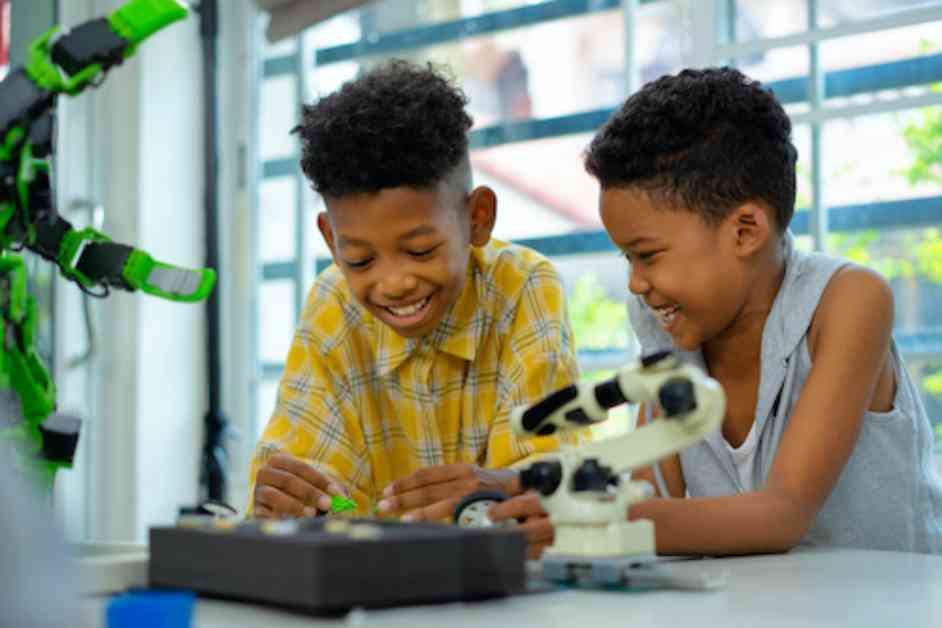Science education for kids is crucial, but many students lose interest in the subject by the eighth grade. To keep kids engaged in science, it’s essential to make learning fun and interactive. One way to achieve this is by presenting students with real-world problems to solve. For example, asking kids to come up with a hands-free book holder can spark their creativity and problem-solving skills.
By allowing students to brainstorm, create prototypes, and test their inventions, they learn valuable skills such as hypothesis development and critical thinking. It’s important to emphasize that failure is not a setback but an opportunity for growth and improvement. This approach mirrors the iterative process of real-world innovation, where multiple attempts and adjustments are necessary to achieve success.
Furthermore, incorporating science into these problem-solving activities helps students understand the underlying principles behind their inventions. By discussing concepts like friction, force, balance, and material properties, kids can see the practical applications of scientific knowledge. This not only enhances their understanding of science but also encourages them to think analytically about why their solutions work.
Neil Thompson, an advocate for STEM education, highlights the importance of encouraging kids to explore science through hands-on projects. By engaging with everyday problems and applying scientific principles to solve them, children develop a deeper appreciation for the subject. This approach fosters a mindset of innovation and curiosity, preparing students to become the innovators of tomorrow.
Incorporating generative AI technology can also enhance the learning experience by generating thought-provoking discussion questions. By stimulating curiosity and critical thinking, AI can help students delve deeper into the scientific concepts behind their projects. This interactive and engaging method of learning makes science more accessible and enjoyable for kids.
Overall, making science fun and engaging for kids involves providing them with opportunities to explore, create, and problem-solve. By connecting science education to real-world challenges and encouraging hands-on experimentation, students develop essential skills and a passion for scientific discovery. With the right guidance and support, today’s young learners can become the innovators and problem-solvers of the future.

